Why There Could Be More Blasts Like 2015 ExxonMobil Torrance Oil Refinery Explosion, Putting Millions At Risk
DESMOG
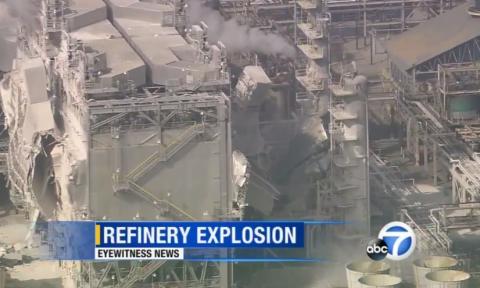
On the morning of February 18, 2015, the ExxonMobil oil refinery in Torrance, California exploded, causing chemical ash to rain on the surrounding community for hours. Eight workers had to be decontaminated and four were sent to hospitals with minor injuries. With new evidence that the explosion could have been much worse, and that other aging refineries around the country are also at risk, scientists, industry watchdogs and a few lawmakers are sounding an alarm.


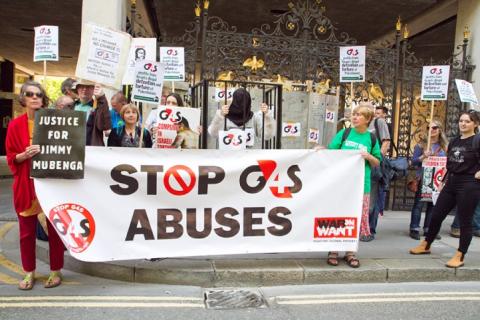


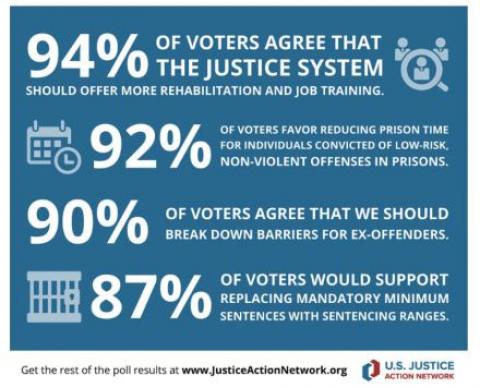


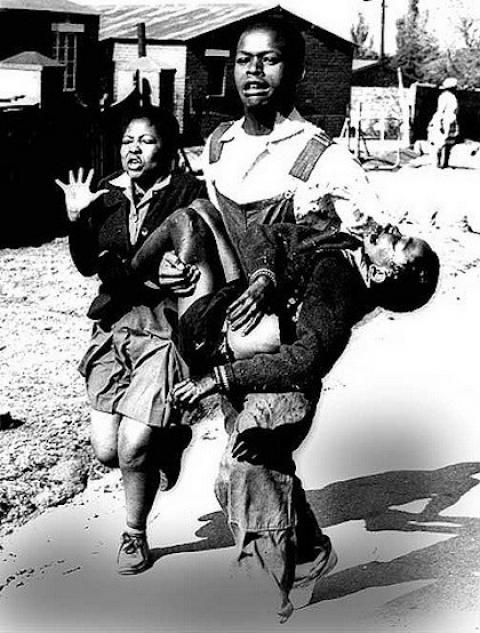
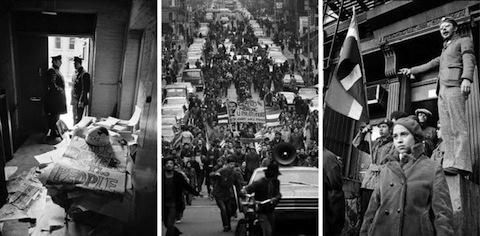
Spread the word